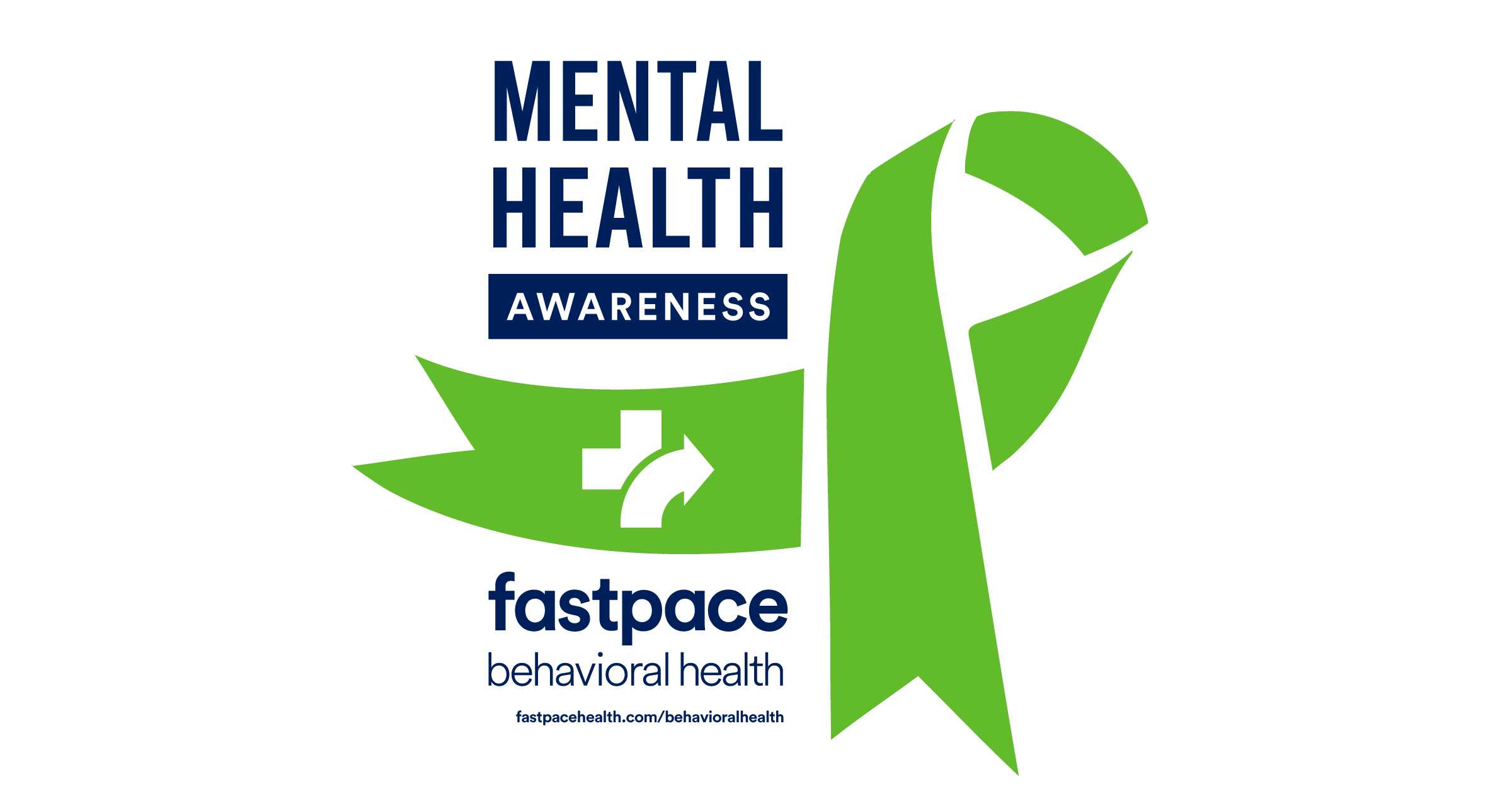
Social Emotional Health in Children: What to Know and What to Look For
This blog was originally published in Aug. 2021
The earliest years of a child’s life are extremely crucial for their mental growth and development. Healthy development means that children of all abilities have their social, emotional and educational needs met. But what happens when this development is stunted and how can parents help maintain their child’s well-being?
The Coronavirus pandemic has brought to light awareness and conversations about how children are affected by changes in routine, breaks in the continuity of care or learning, missing out on significant life events, and losing security or feeling unsafe.
In the wake of these atypical circumstances, parents and caregivers should understand the importance and relevance of social-emotional health, factors that impact this health, and how to support healthy development in young children. Mentally healthy children have a positive quality of life, meaning they function well at home, in school or in their community.
A mentally healthy child will also reach developmental and emotional milestones, learn healthy social skills, and how to cope with their problems. Children specifically gain opportunities to enhance their social and emotional experiences at school. Therefore, addressing the social and emotional climate is an important part of creating healthy schools and supporting student health and academic performance. This is modeled off a developmental framework known as social-emotional learning, or SEL.
SEL is the process through which individuals develop skills to recognize and manage emotions, set and achieve goals, appreciate the perspective of others, establish and maintain positive relationships, and make responsible decisions. Through this framework, schools can implement various policies and practices to meet the psychosocial aspects of students’ educational experiences.
The sudden shift to remote or hybrid education during the pandemic caused children to lose an entire year of social-emotional learning in a structured school environment. In response to this, the CDC determined various resources and parenting practices to help maintain young children’s development while at home. But if a child shows noticeable developmental changes, they may require treatment for a mental health issue.
“Many times a child who is not successful in school or in making friendships we find an underlying mental health issue may be present,” said Nikita Duke, DNP, PMHNP-BC, Director of Behavioral Health at Fast Pace Health. “It’s important to seek additional resources for further evaluation. The earlier this is noticed and identified by a parent and teacher, the better the chance to help the child socially and academically.”
Duke added that many with underlying mental health issues can be bullied because to other children they simply may seem different.
Symptoms of a mental health issue in children arise when they exhibit changes in their learning process, behavior, or handling of emotions. If these symptoms are persistent and interfere with certain activities, the child may have a diagnosed mental or behavioral health issue. The most diagnosed mental health issues in children are attention-deficit disorder/hyperactivity disorder (ADHD), anxiety and often times additional behavior issues.
The CDC reports that over six million children have received an ADHD diagnosis. Approximately 4.4 million children have diagnosed anxiety while 4.5 million have a diagnosed behavior problem. Overall, one in six children has a diagnosed mental, behavioral or developmental health issue.
However, a child’s social-emotional health is not fully determined by the absence or presence of a mental health issue. Children who do not have a mental health issue can still experience emotional hardships. Likewise, children with the same diagnosis could cope differently. While each case is unique, the identification of specific mental health issues gives key insights into a child’s social-emotional state.
If parents think that their child is showcasing symptoms of mental health issues or struggles with their social, emotional or educational development, they should not hesitate to talk with their child’s pediatrician or seek additional resources. With over 100 urgent care locations throughout the southeast United States, Fast Pace Health offers private consultations with behavioral health specialists. Parents can register for an appointment for behavioral health on Fast Pace’s website. Truly our health experts are here to help guide parents and children through mental health issues to ensure that a child’s social-emotional development and health stays on track.
Related Resources


